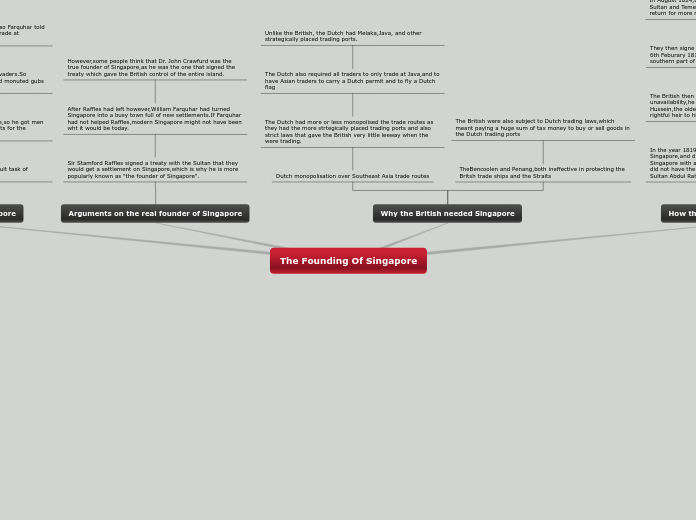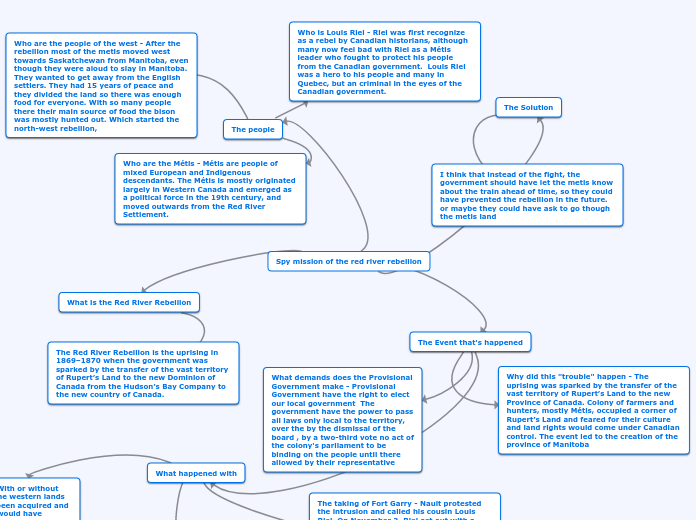Confederation Causes
Political Deadlock
Political deadlock is situation where no one can move or win in government which paved the way to Confederation.
None of these political parties, from either Canada East or Canada West, were able to win a majority in the united assembly.
To form a government that had a majority, at least two of these parties had to form a partnership.
There were two partnership in the assembly
There was the reform party from Canada West with the Parti Rouge from Canada East.
There was the Liberal-conservatives from Canada West with the Parti Bleu of Canada East
Canada West
The main political parties in Canada West were the Conservatives, led by John A. Macdonald (Tories), and the Liberals (Grits), led by George Brown.
Canada East
The main political parties in Canada East were the Bleus, led by George É. Cartier, and les Rouges, led by A. A. Dorion
Need For Railway
If Colonies Wanted To Trade There had to be a Railway
The Railroad Provided Communication And Trade links
and it was easier to free trade
It Was hard to build a railway do to Canada's Weather And Landmarks.
Fenian Raid
The Fenian Force was Lead by John O'Neill
John O'Mahony was Founder member of the Fenian Brotherhood in the United States
The Fenians were a secret society of Irish patriots who had emigrated from Ireland to the United States to defeat the British Because The British Had control over Ireland
Watch The Video For More Detailed
Information
Changing British Attitude
In the mid-19th century the British attitude towards its colonies was changing
The British began to feel that the colonies cost too much to maintain.
When the colonies began to approach British about Confederation and independence, the British were quite ready to give up the colonies. But they wanted to keep as much money as possible.
United States Expansionism & Manifest Destiny
Canadians were afraid the Americans would invade Canada in retaliation for Britain's actions and support of the Southern states during the course of the Civil War.
The belief that all of North America should belong to the United States, was a view held by many Americans during the American Civil War (1861 - 1865).
Trouble With Trade
The Reciprocity agreement between The Bna
Colonies And The US ended in 1865
When the treaty ended, British North American colonies were worried. The only solution was to free trade among the colonies themselves.
Contribute To Confederation
Canada needed to unite because it would be easy to trade with one another and they won't go into financial lost.
Reciprocity Treaty represented a move toward free trade and so was opposed by protectionist elements in the United States
The British had a Preference Trade Law in 1846
Other Countries had to pay tax when Trading
with the British.









